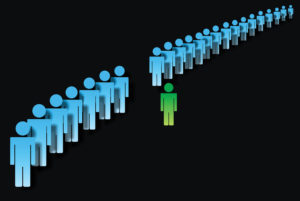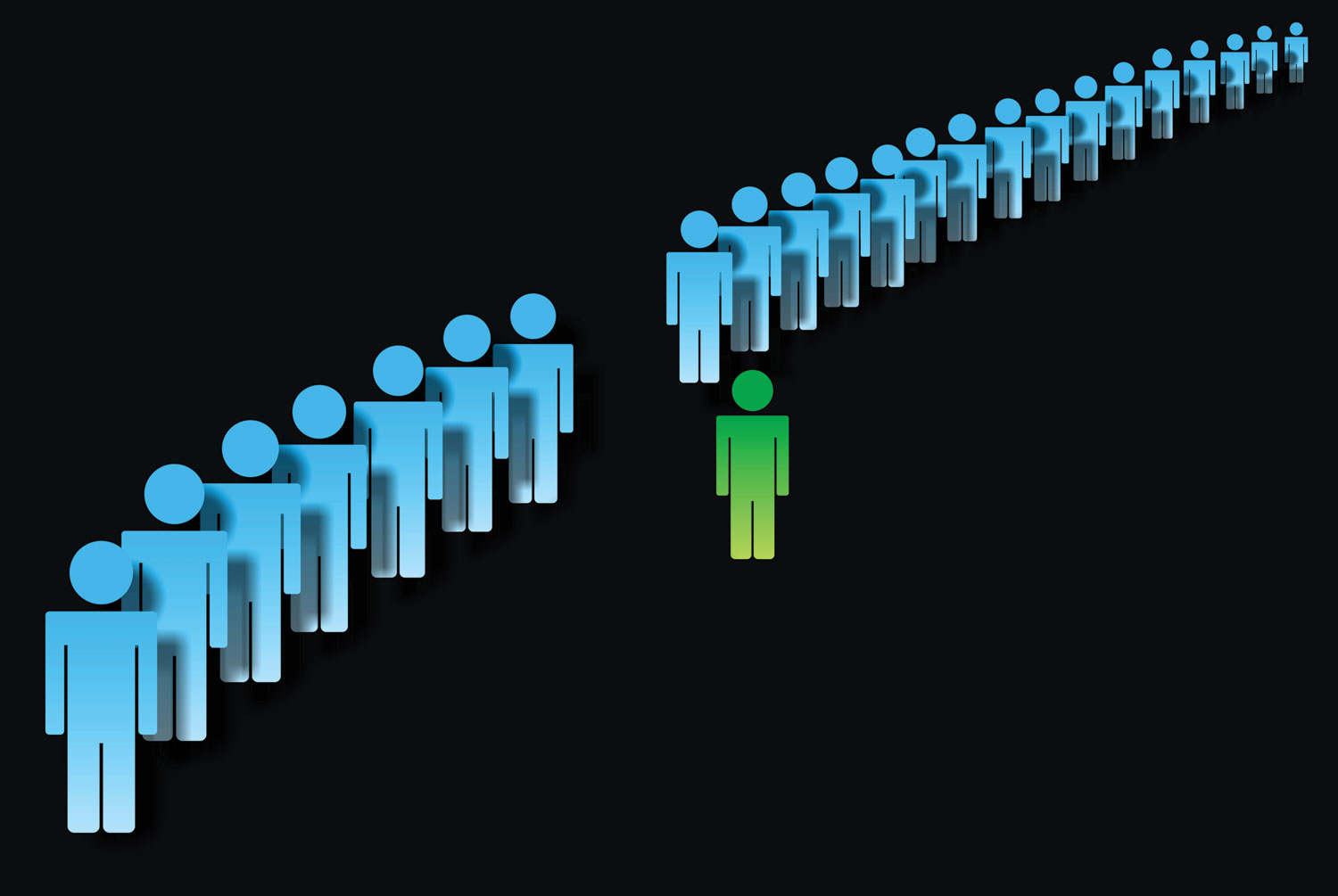
Barry Germansky
Contributor
Facebook, Twitter, cell phones and various other forms of modern social networking devices represent the unprecedented pinnacle of superficial communication technology, promoting the ludicrous idea that people need to be in contact with each other at all times.
Thanks to these tools, social and societal standards are being drastically lowered; people are distracted from engaging in more productive activities; the quality and substance of conversations has all but disappeared and, most importantly, an entire generation is being taught to disregard the value of the human face. All of these factors create a soulless, intellectually deprived shell attempting to pass itself off as “society.”
What separates the modern social revolution from the others that preceded it is the blatant disregard for humanistic principles. One need only compare it with two other major movements in the 20th century to get the point: the hipsters of the Jazz Age and the hippies of the 1960s, each of which brought people together with like-minded ideologies.
There was substance to their rebellions, and it allowed them to contribute to humanity from a historical perspective by having a lasting artistic, cultural and philosophical impact. We still read their poetry, study their books, listen to their music, watch their movies and share their ideas. A Bob Dylan song stays with you forever; an announcement on Twitter that you just ate a tuna sandwich does not.
Today’s revolution leaves nothing behind, simply because there is not a fraction of substance at its core. All of the so-called “advancements” in communication technology are designed to cater to – and generate – gossip. Many people cannot stop themselves from checking their social network standings, regardless of where they are or what they are doing.
I’ve heard many people insist that Facebook and cell phones are essential because they allow people to connect with each other. They do, I often reply, but they don’t do it in a meaningful way. On these websites, common bonds are not important, so there is no foundational connective tissue to digital relationships. The goal is to see who can provide the most gossip on a regular basis.
This is why I refuse to call this era of ours “The Information Age.” Sure, there is information out there in cyberspace, but the masses do not seek it. They are distracted by heavily concentrated doses of tabloid-style gossip. The only way you’ll get me to concede we live in an “information age” is if you re-define “gossip” so that it falls under the heading “crucial information.” The fact that many people cannot even differentiate between the two is another part of the problem.
While everyone is hooked to their various devices (in more ways than one), the outside world passes them by. The government and corporations take advantage of this, working to further insulate the masses in a digital cocoon.
Dalton McGuinty’s recent assertion that cell phones belong in the classroom was quite terrifying. He not only demonstrated a lack of perspective on the education system and a general indifference to the well-being of society, but acted as a lobbyist for the telecommunication companies.
This Invasion of the Body Snatchers brand of brainwashing allows the government and corporations to undergo less scrutiny than ever before.
Privacy is not the only casualty of this phenomenon. Flesh-and-blood human beings have the potential to be more interesting than their online profiles. Yet without proper nourishment, people lose their personalities. From there, all passions are tranquilized and apathy reigns supreme.
What’s astonishing to me is how many 20th century artists accurately warned us about this soulless uprising. You’ll find such ominous foretellings in everything from George Orwell’s 1984, Fritz Lang’s Metropolis and Charlie Chaplin’s Modern Times, Paddy Chayefsky’s The Hospital and Network or Simon and Garfunkel’s “The Sound of Silence” (remember the lyrics “People talking without speaking/ People hearing without listening,” the people who “bowed and prayed to the neon god they made”).
The masses enjoyed these works immensely. Either they were just paying attention to the superficial narratives and ignoring the underlying content or they have simply forgotten the lessons in morality.
Unless things begin to change, it looks like T.S. Eliot will have been right in predicting the world will end with a whimper; I, however, want to finish this piece with a bang.
You, dear reader, have the potential to turn off whatever superficial communication technology you have on right now and do something productive. Be creative. Be caring. Be inquisitive. You’ll be a whole lot happier for the experience.



